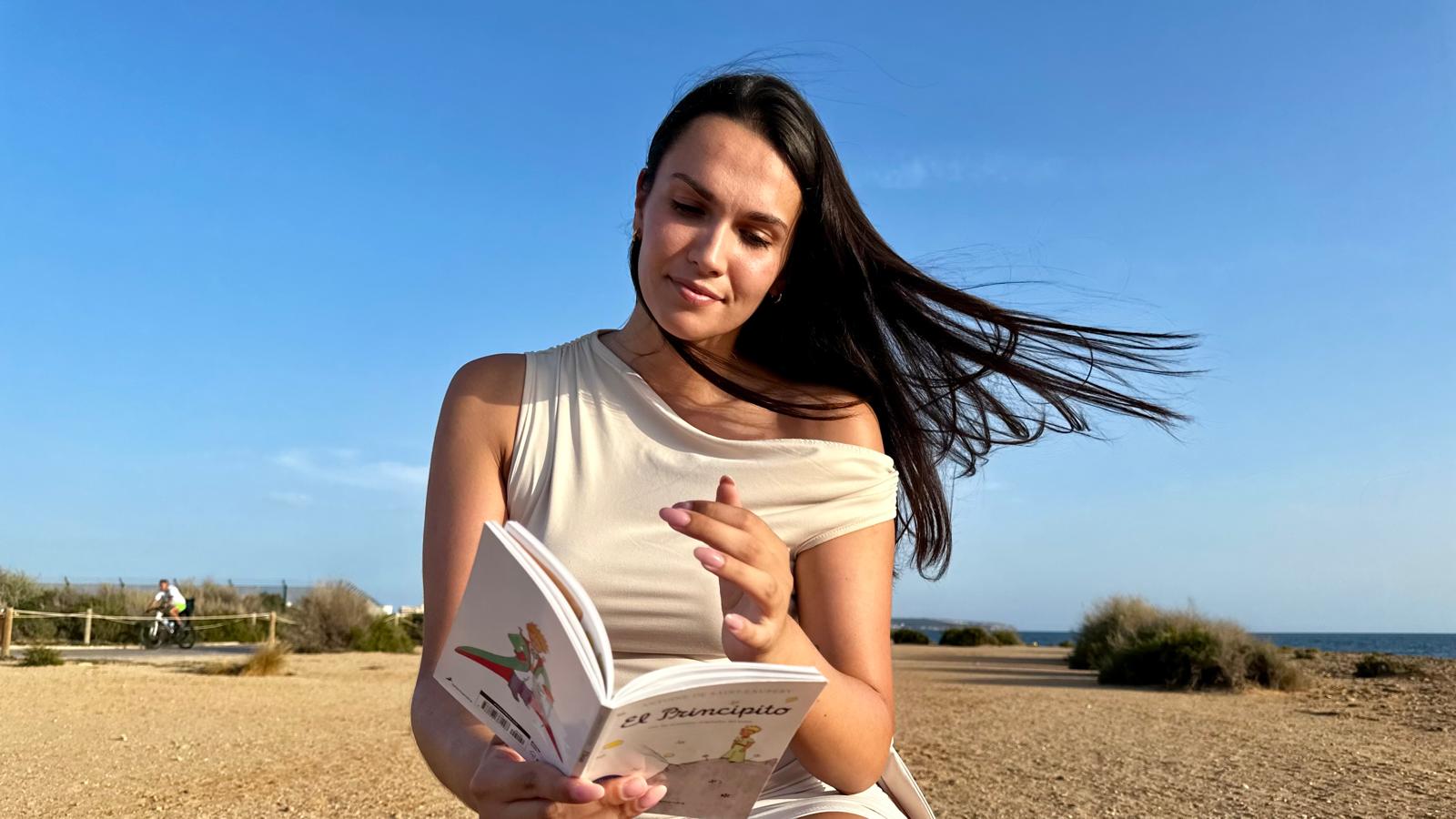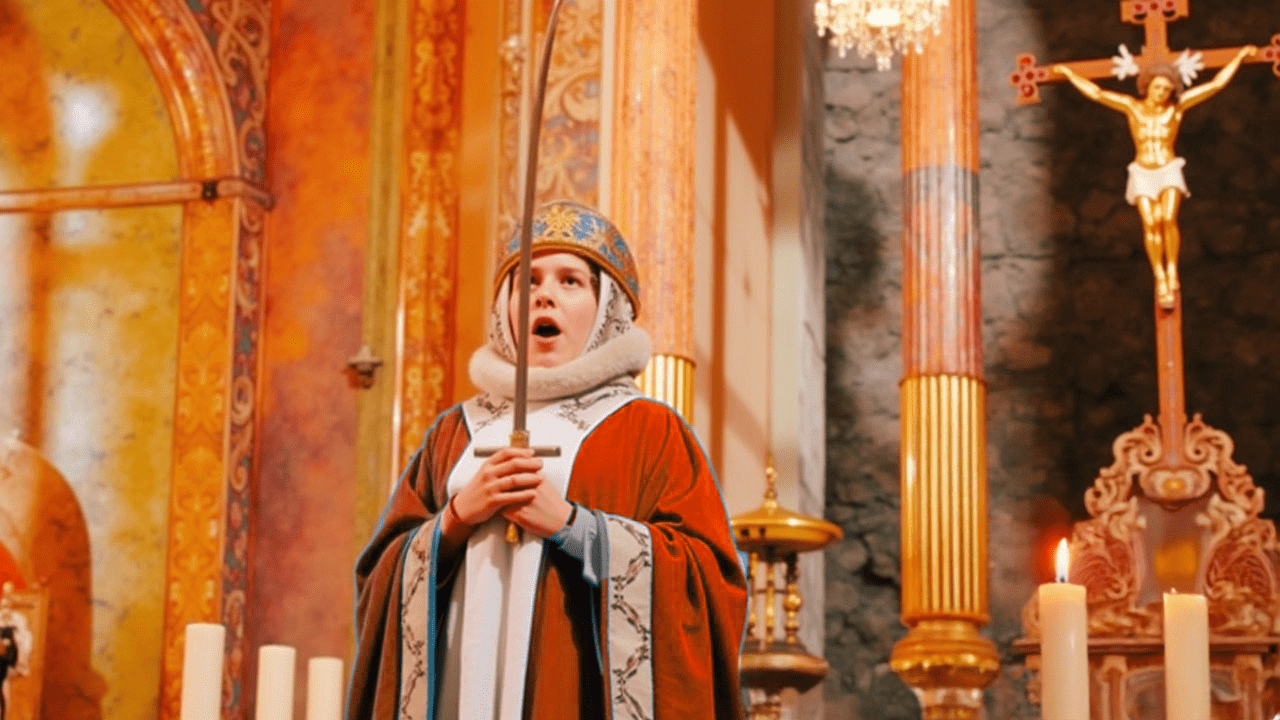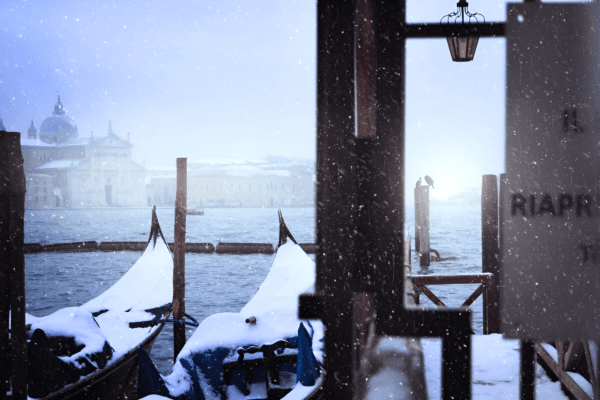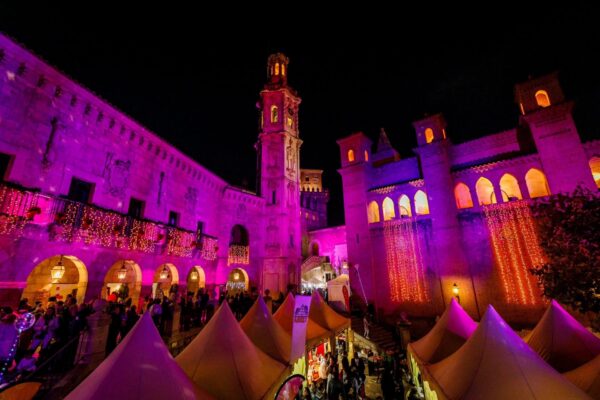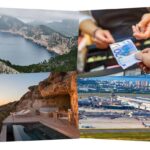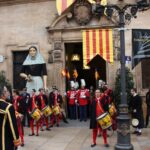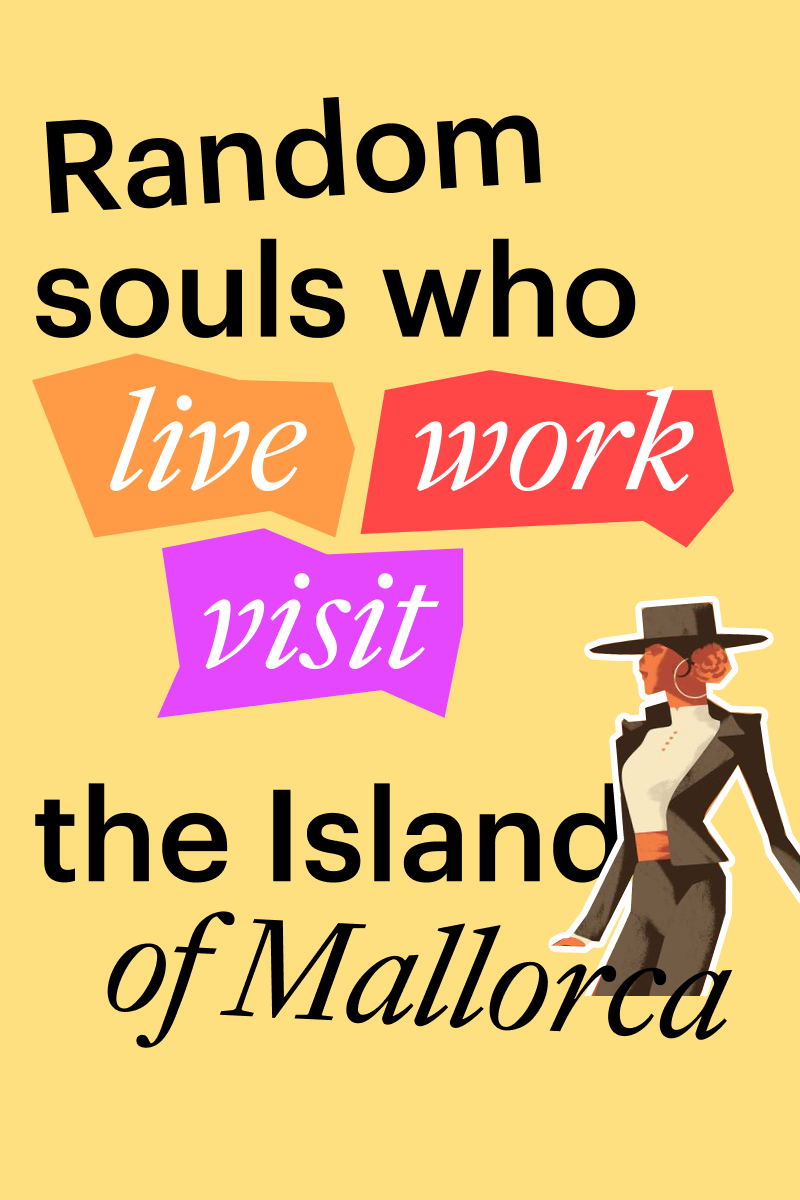Coloma Durán Balaguer, a 25-year-old primary school teacher from Mallorca, is passionate about her home island. As someone who grew up here, she’s seen the changes over the years, from the quiet streets of her childhood to the bustling, tourist-heavy Mallorca of today. But for Coloma, Mallorca is more than just a vacation spot — it’s her paradise, a place where she wants to live, work, and raise a family.
Learning and teaching in Mallorca
Coloma enjoys her role as a primary school teacher, finding satisfaction in the appreciation from both her students and their families. Teaching math, Catalan, and Spanish to children aged 6 to 12, she feels supported by the community. “The kids appreciate you so much, and also the families,” she says.
Learning multiple languages is an integral part of growing up in Mallorca. While most students learn Catalan and Spanish from an early age, English presents more difficulty. “We’ve been learning English since we were kids, but it’s still the hardest for many of us,” Coloma explains.
A Mallorcan childhood
Coloma remembers a simpler Mallorca from her childhood. Growing up in a small town, Muro, she enjoyed a peaceful, community-driven environment where everyone knew each other. “It was like paradise,” she recalls. But with the rise in tourism, that peace has been disrupted. “Now, the beaches are packed, and the small family-owned businesses are disappearing,” she observes, noting the contrast between her early memories and the crowded, tourist-heavy Mallorca of today.
Despite these changes, the natural beauty of the island remains a constant. “The landscape is still beautiful, and that’s what makes Mallorca special,” she adds. However, Coloma believes the island needs to focus on promoting sustainable tourism to prevent the degradation of its unique environment and culture.
Tourists or locals?
Tourism is essential to Mallorca’s economy, but Coloma is wary of the consequences of mass tourism. “We need tourism, but we want good, sustainable tourism,” she says. Overcrowded beaches, full airports, and a general sense of chaos have become all too common during peak tourist seasons. Coloma believes that while tourism is vital, it must be managed in a way that allows both locals and visitors to coexist peacefully and enjoy everything the island has to offer.
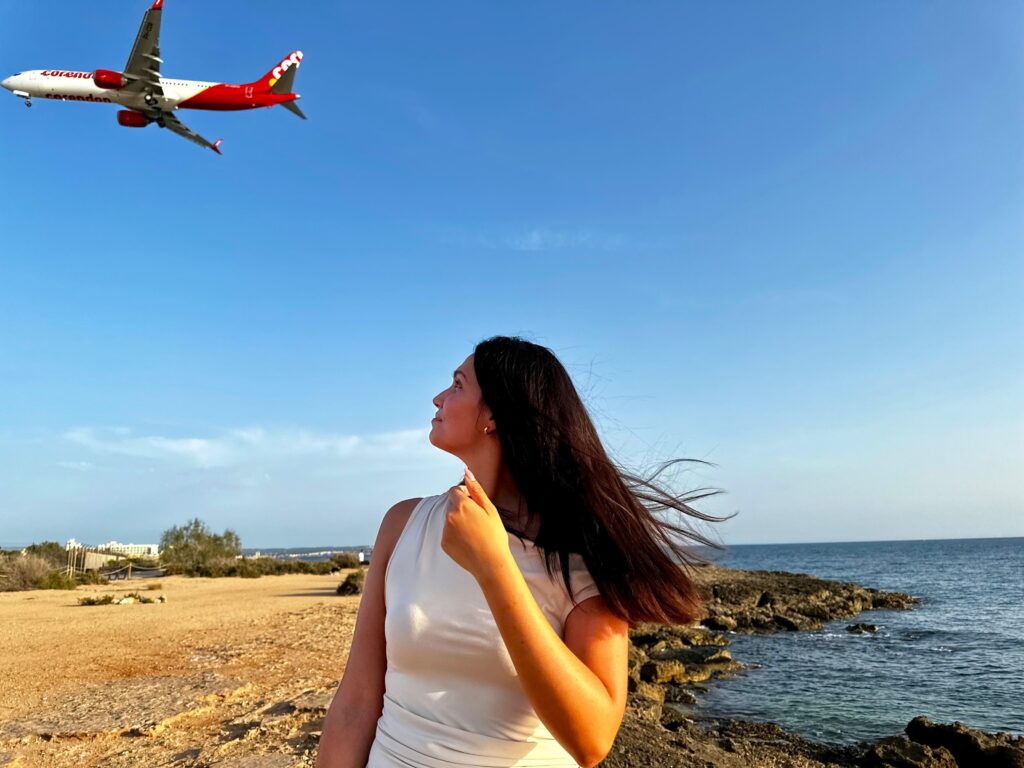
Preserving Mallorcan culture is another important issue for her. She worries that the local language, Mallorquin, is slowly on the retreat, especially among the younger generation. “Not many people want to speak Mallorquin anymore,”. While learning the language is still required in schools, she stresses the need for continued promotion and teaching of it to ensure that it doesn’t disappear.
Young people face challenges
Finding a job in Mallorca can be difficult for young people, especially in fields outside the hospitality and service industries. “There are jobs, but the problem is the salaries,” Coloma says, explaining that many young people feel trapped in low-paying jobs that make it difficult to live comfortably on the island. Although there are protests and movements to address these issues, Coloma feels that more needs to be done to ensure fair wages for Mallorca’s youth.
Despite these economic challenges, Coloma is determined to stay on the island. She dreams of raising her children in the same environment where she grew up. “Mallorca has everything — good weather, nice people, and a strong sense of community,” she says. For her, the island’s natural beauty and peaceful lifestyle are worth any challenges she may face in building a future here.
A message to foreigners
As Mallorca continues to attract a growing number of foreigners, Coloma has a simple request: integrate into the local culture. “I understand why people want to live here,” she says, but she emphasizes the importance of preserving the island’s unique identity. Coloma suggests that new residents make an effort to get to know Mallorcans and their way of life. “Try to make Mallorcan friends, visit the small towns, and talk to locals,” she advises.
She acknowledges that Mallorcans can be reserved at first, but once trust is established, they are friendly and welcoming. “We are more closed compared to people from mainland Spain, but once you get to know us, we’re really nice,” she says.
For Coloma, Mallorca represents peace and tranquility. “Mallorca is everything a person could ask for — a paradise,” she says. Whether she’s spending time at the beach or hiking in the mountains, the island provides her with a sense of calm and fulfillment that she treasures.
As the island continues to evolve, Coloma remains hopeful that Mallorca will find a balance between growth and preservation. She envisions a future where sustainable tourism, local culture, and the natural beauty of the island coexist in harmony. For now, she’s content to continue her work as a teacher, helping to shape the next generation of Mallorcans while enjoying the paradise she calls home.
Text by Dasha Bikmansurova
